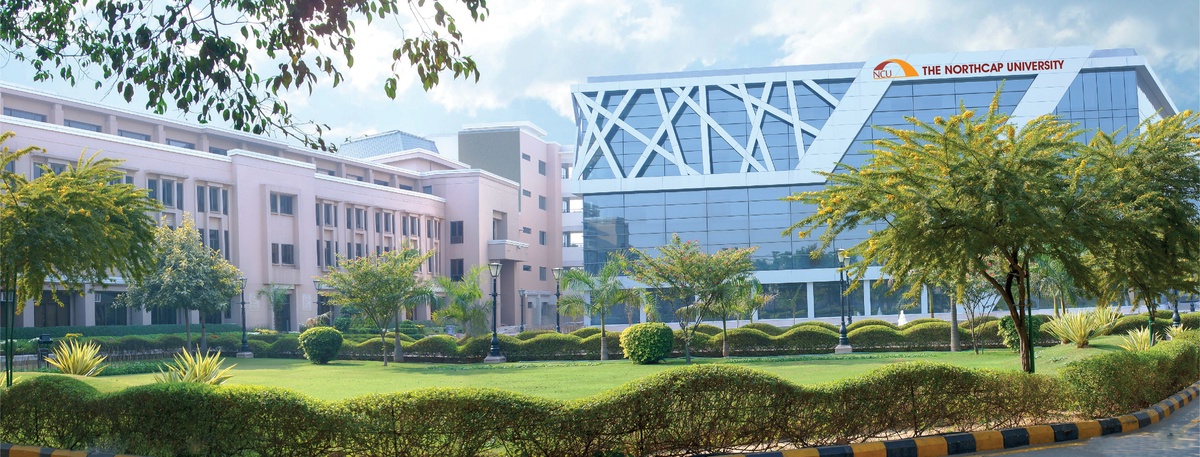In our ever-evolving world, technological advancements continue to push the boundaries of what we once deemed possible. Among these innovations, nanotechnology stands out as a game-changer, promising solutions to some of the most pressing challenges across various fields. One particularly fascinating application of nanotechnology is in the realm of sensors, where nanoscale devices, aptly named nanosensors, are revolutionizing the way we detect and monitor the world around us.
Unveiling the Nanoworld
Nanotechnology, the manipulation of matter on an atomic or molecular scale, offers unprecedented control over material properties. At the nanoscale, substances exhibit unique characteristics that differ vastly from their macroscale counterparts. These distinctive properties enable the development of highly sensitive and selective sensors capable of detecting minuscule quantities of analytes, ranging from chemicals and biomolecules to gases and even single cells.
The Essence of Nanosensors
Nanosensors typically consist of nanomaterials such as nanoparticles, nanowires, or carbon nanotubes, engineered to respond to specific stimuli. These stimuli could include changes in temperature, pH, pressure, or the presence of certain molecules. By leveraging principles from various disciplines, including physics, chemistry, and engineering, researchers design nanosensors with tailored properties optimized for precise detection across diverse applications.
Applications Across Industries
- Healthcare: Nanosensors hold immense promise in revolutionizing medical diagnostics and personalized healthcare. From detecting biomarkers indicative of diseases like cancer and diabetes to monitoring drug efficacy and patient health parameters in real time, nanosensors pave the way for earlier detection, more accurate diagnoses, and targeted therapies.
- Environmental Monitoring: With growing concerns about pollution and environmental degradation, nanosensors offer scalable solutions for monitoring air and water quality, detecting hazardous contaminants, and mitigating environmental risks. Their portability and sensitivity make them ideal for deployment in remote or hard-to-reach locations, enabling comprehensive environmental surveillance.
- Food Safety: Ensuring the safety and quality of food products is paramount. Nanosensors enable rapid and sensitive detection of pathogens, toxins, and contaminants in food, safeguarding public health and enhancing food security. By enabling on-site testing and real-time monitoring throughout the food supply chain, nanosensors empower stakeholders to proactively address potential hazards and ensure compliance with regulatory standards.
- Industrial Processes: Nanosensors play a pivotal role in optimizing industrial processes by monitoring parameters such as temperature, pressure, and chemical composition with unparalleled precision. Their integration into smart manufacturing systems facilitates real-time monitoring and control, enhancing efficiency, reducing waste, and minimizing downtime.
Challenges and Future Directions
Despite their tremendous potential, nanosensors face several challenges, including scalability, reproducibility, and integration into existing systems. Additionally, concerns regarding the long-term environmental and health impacts of nanomaterials warrant careful consideration.
Looking ahead, ongoing research endeavors aim to address these challenges while unlocking new frontiers in nanosensor development. Innovations in materials science, fabrication techniques, and data analytics promise to further enhance sensor performance, reliability, and accessibility. Additionally, interdisciplinary collaborations and concerted efforts to standardize protocols and regulatory frameworks will be pivotal in accelerating the translation of nanosensor technologies from the lab to real-world applications.
Visit: https://www.ncuindia.edu/school/school-of-management/
Dr. Chetna Tyagi
Assistant Professor, F1373
Areas of Research- Polymer Nanocomposite, Supercapacitors, Nanosensors, Solar Cell


No comments yet